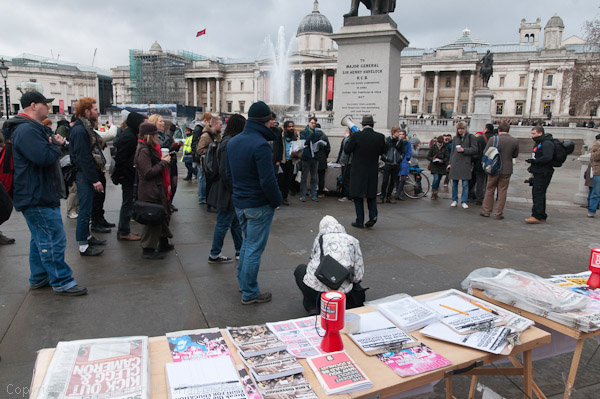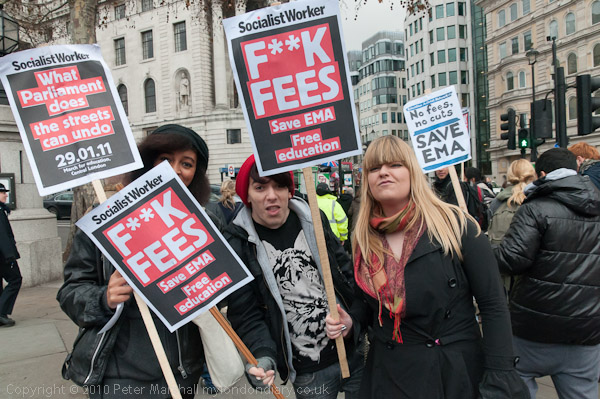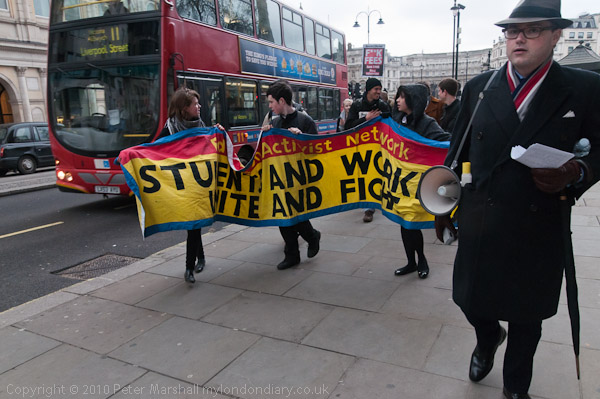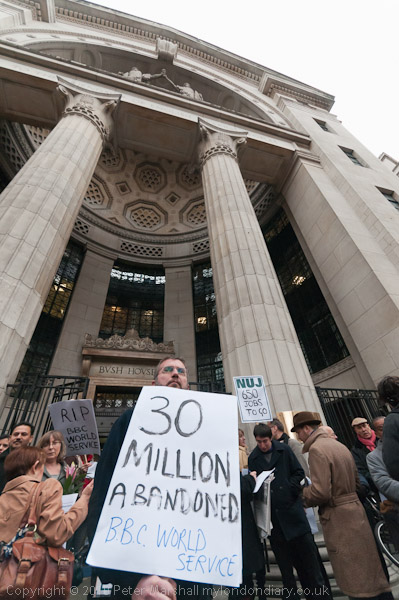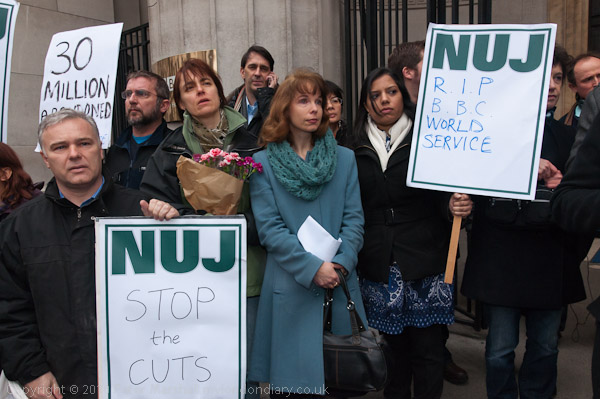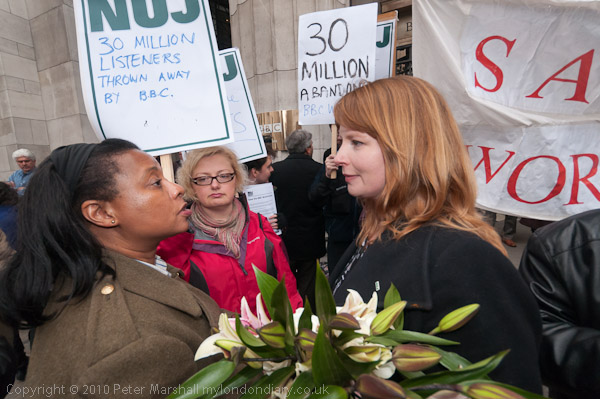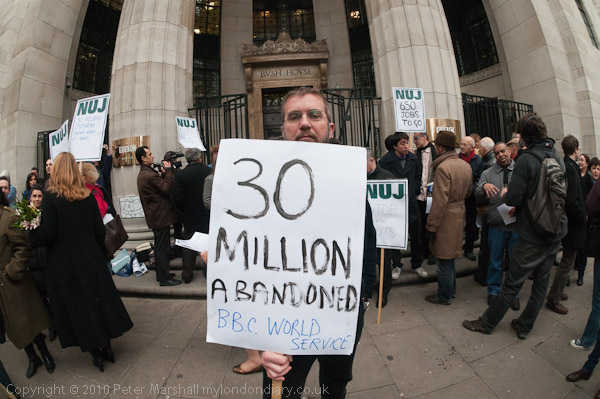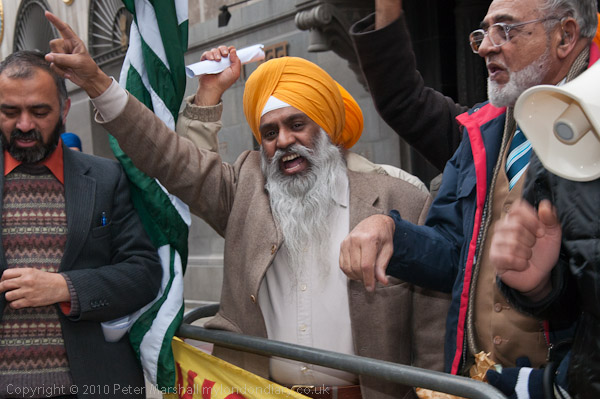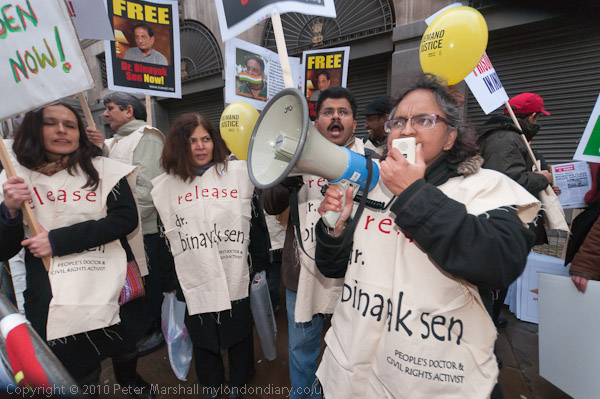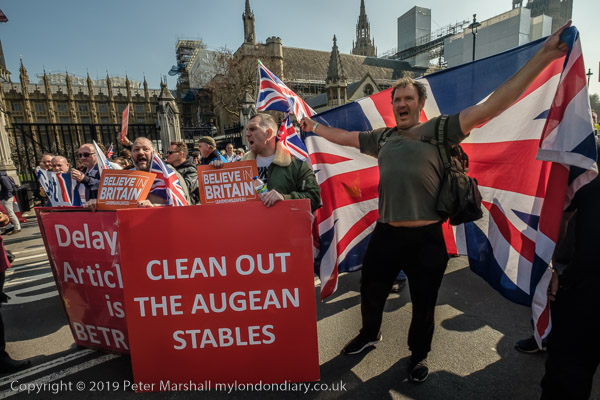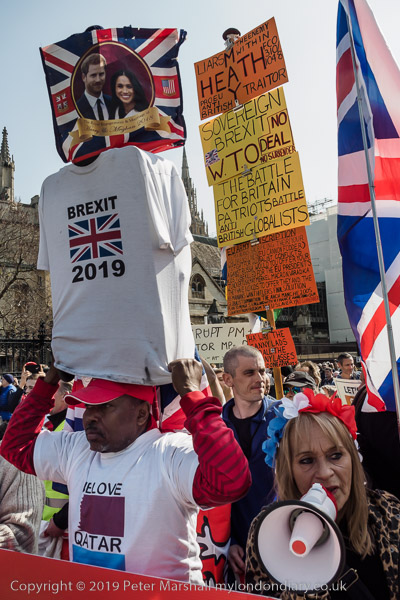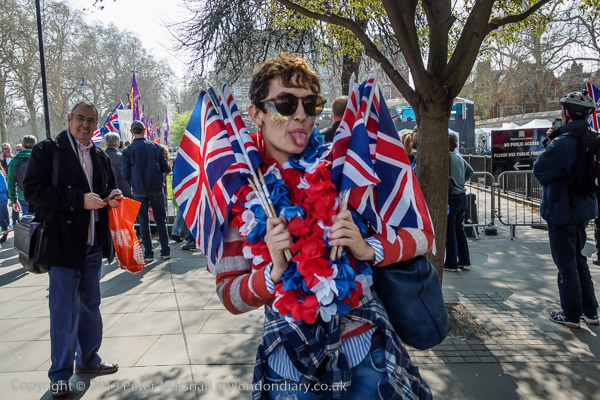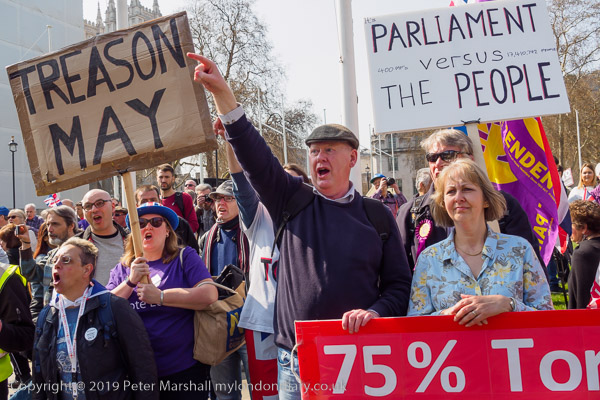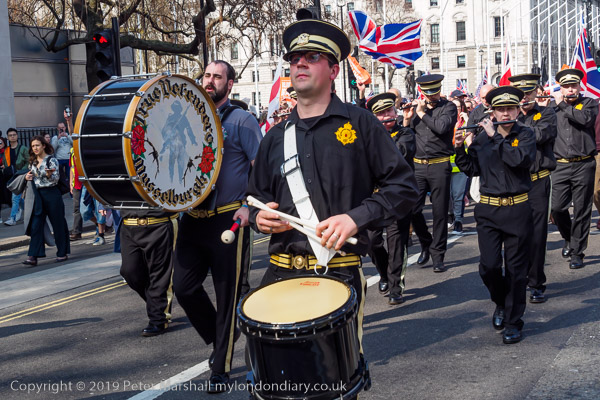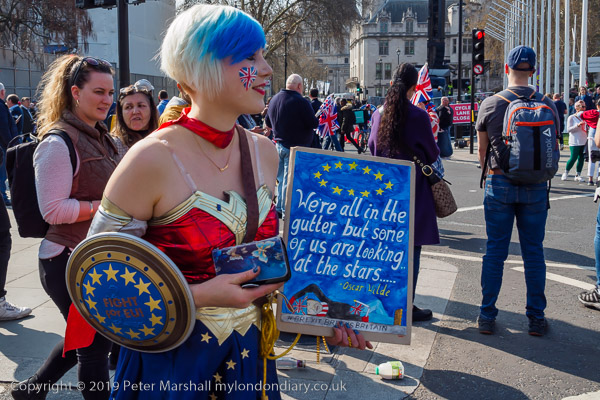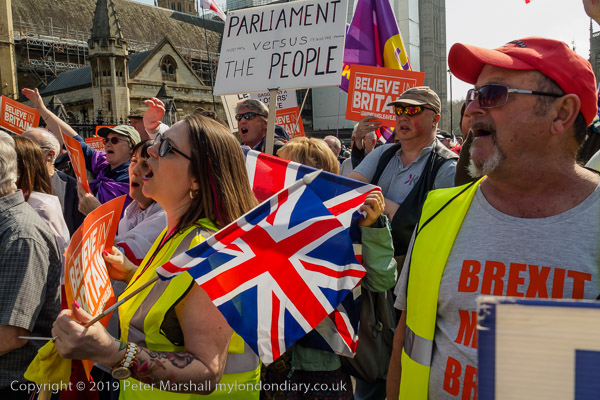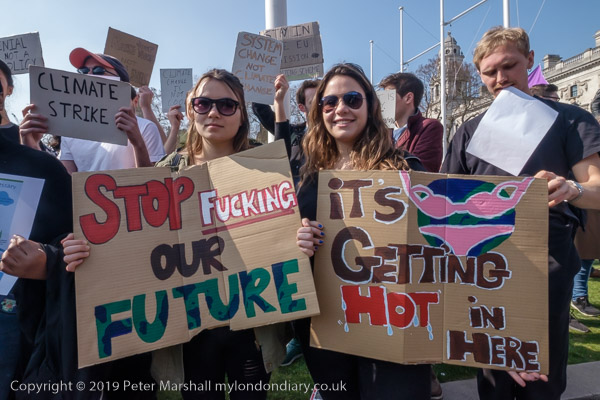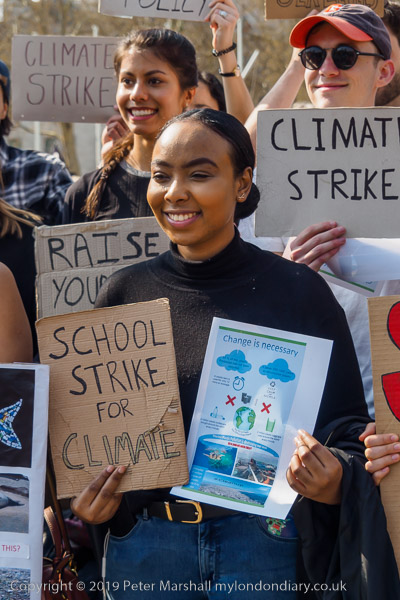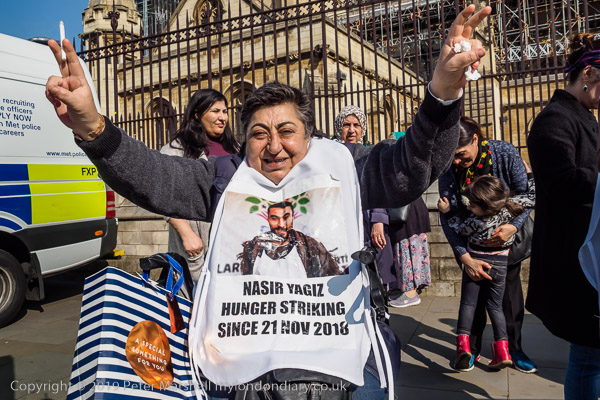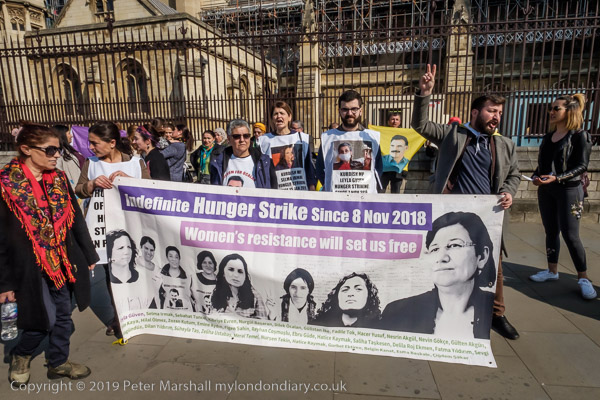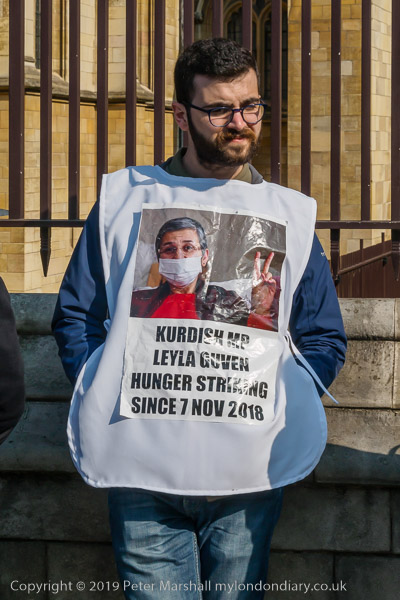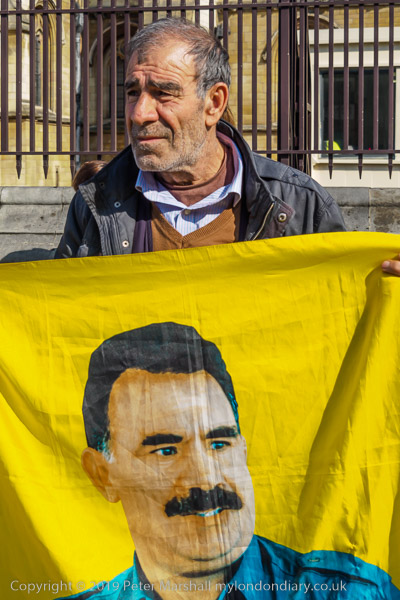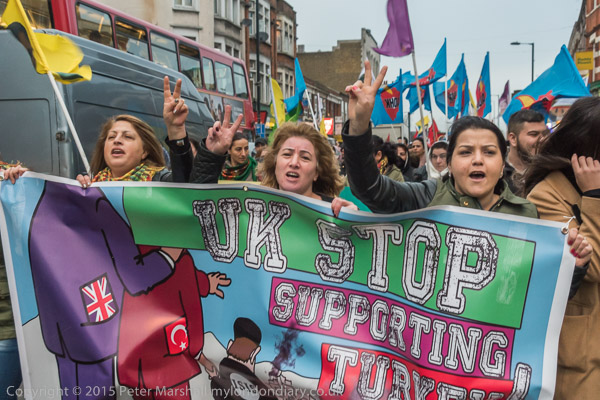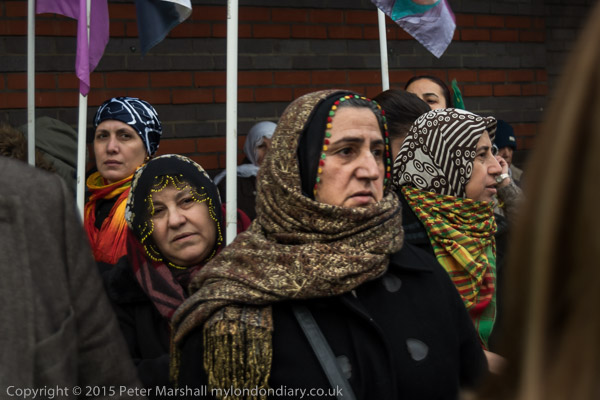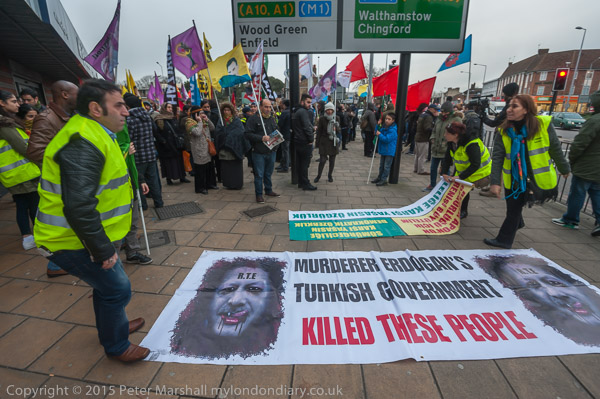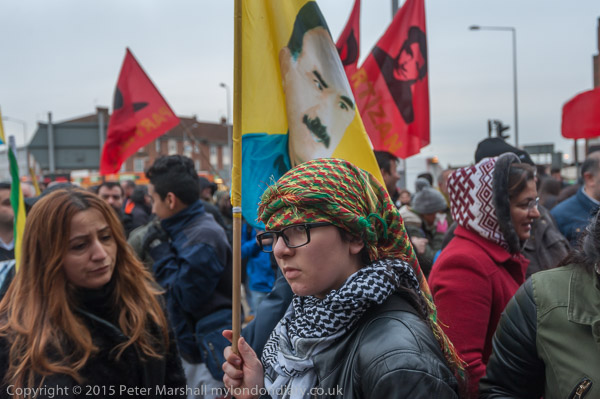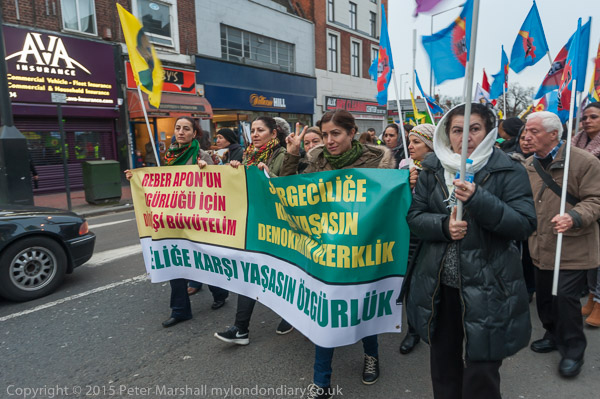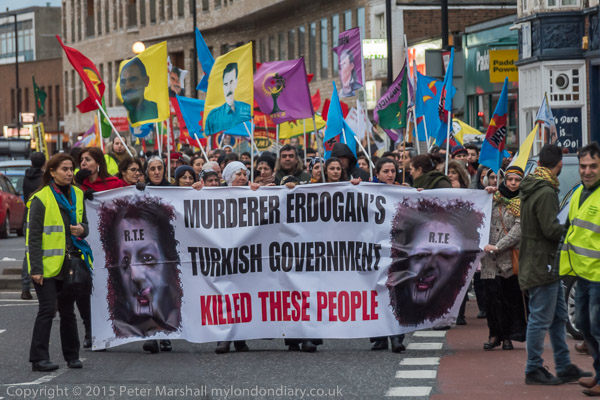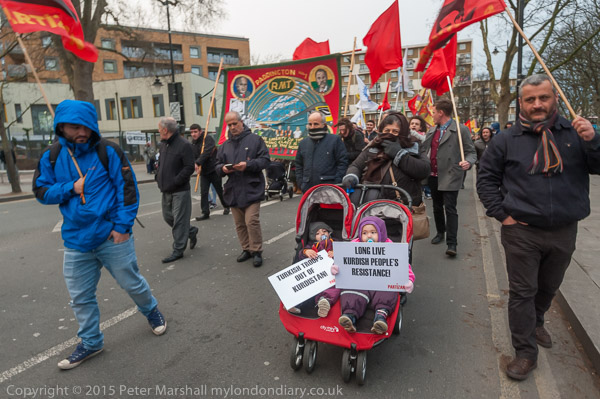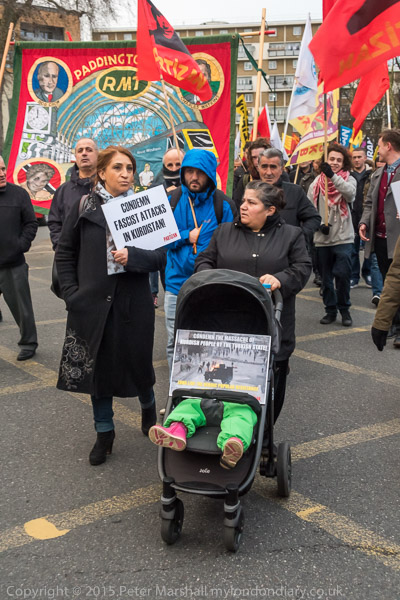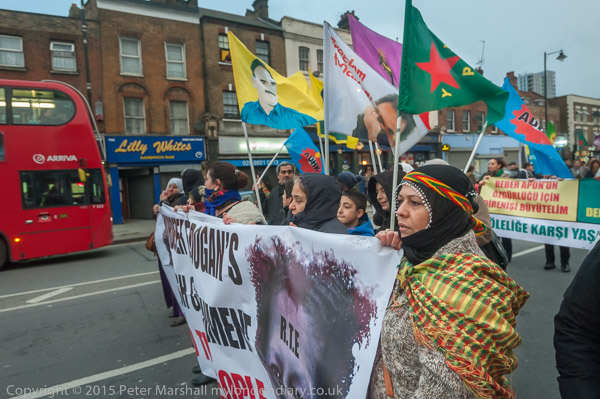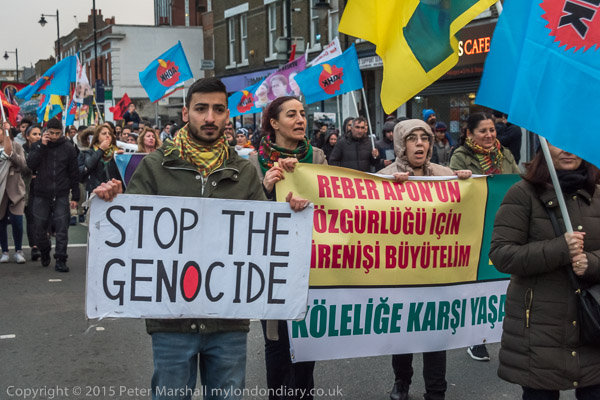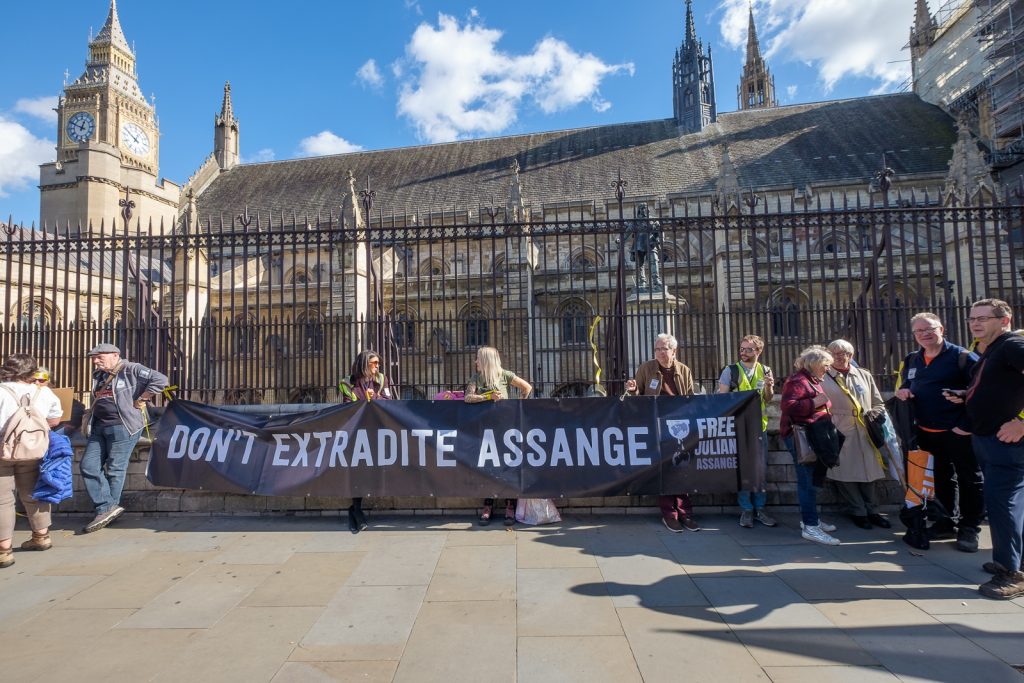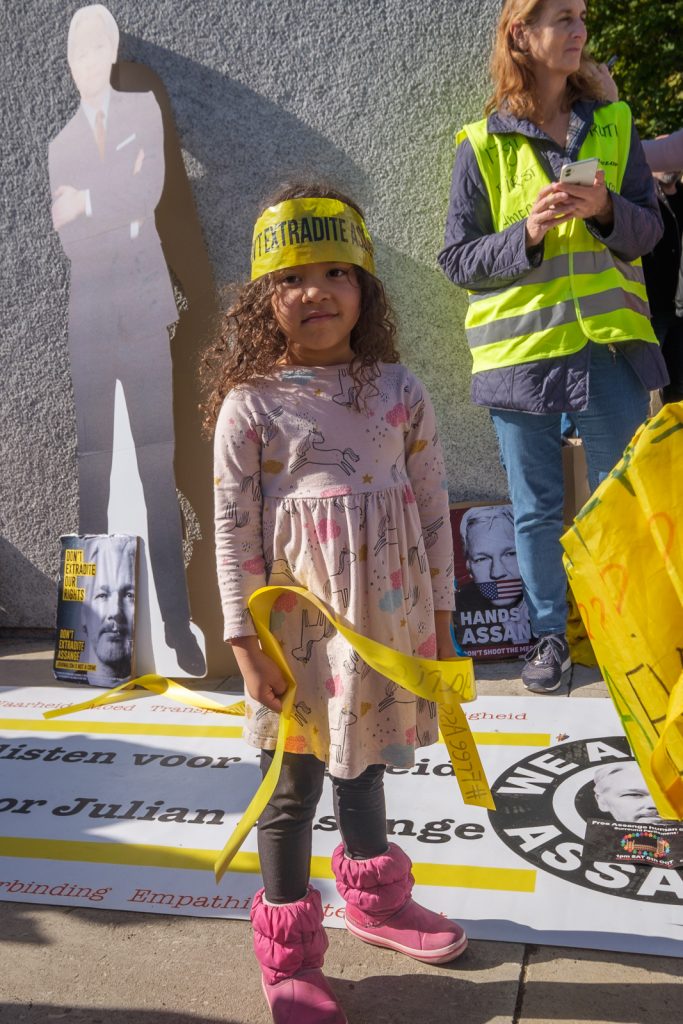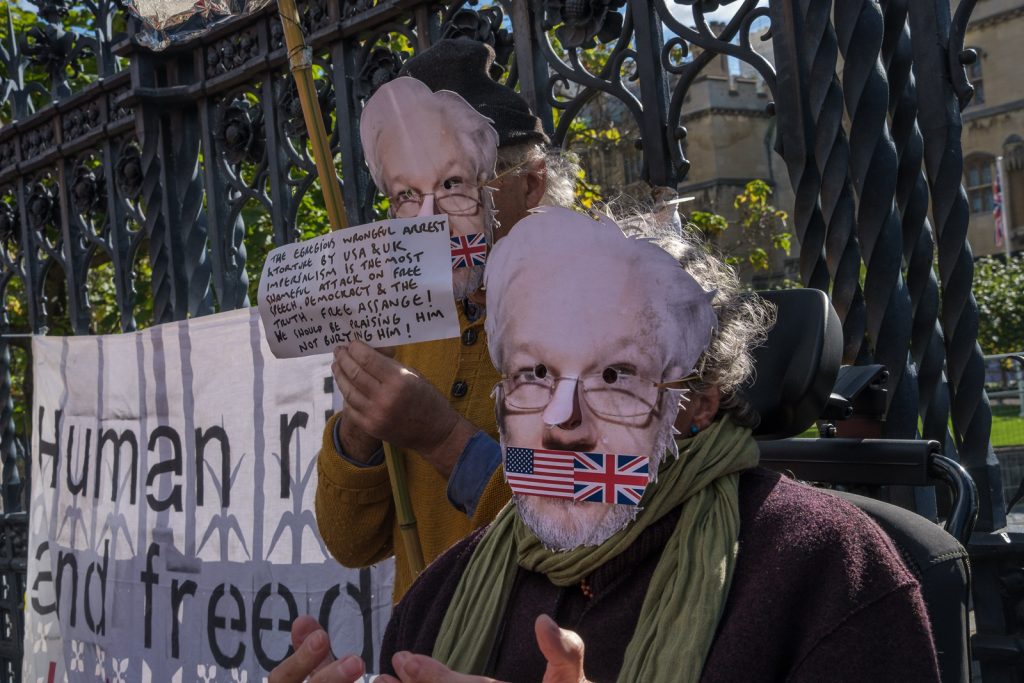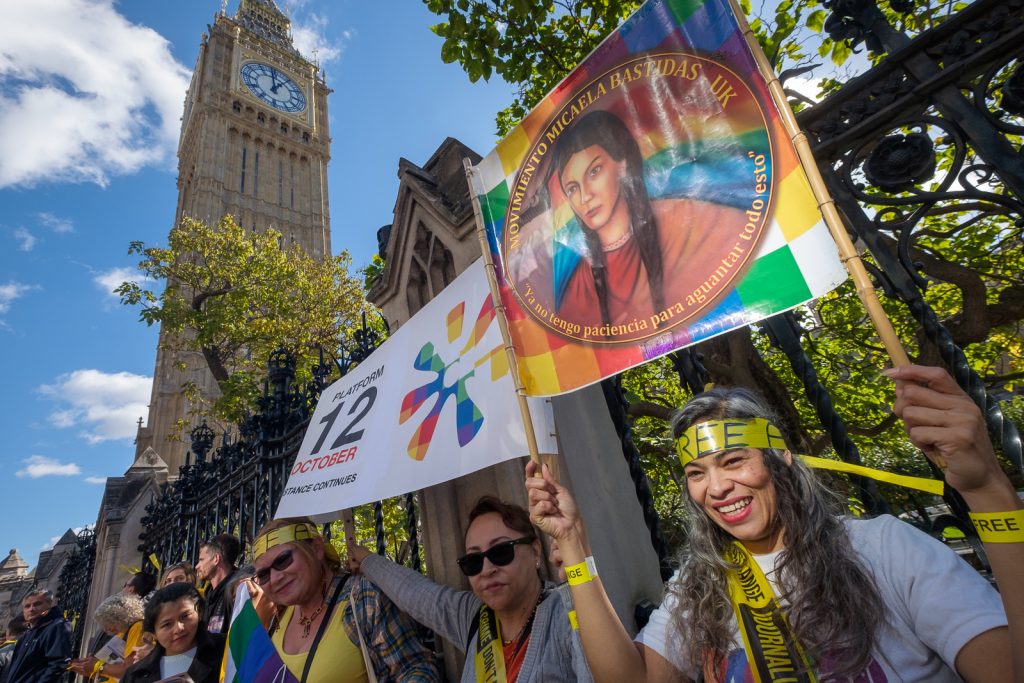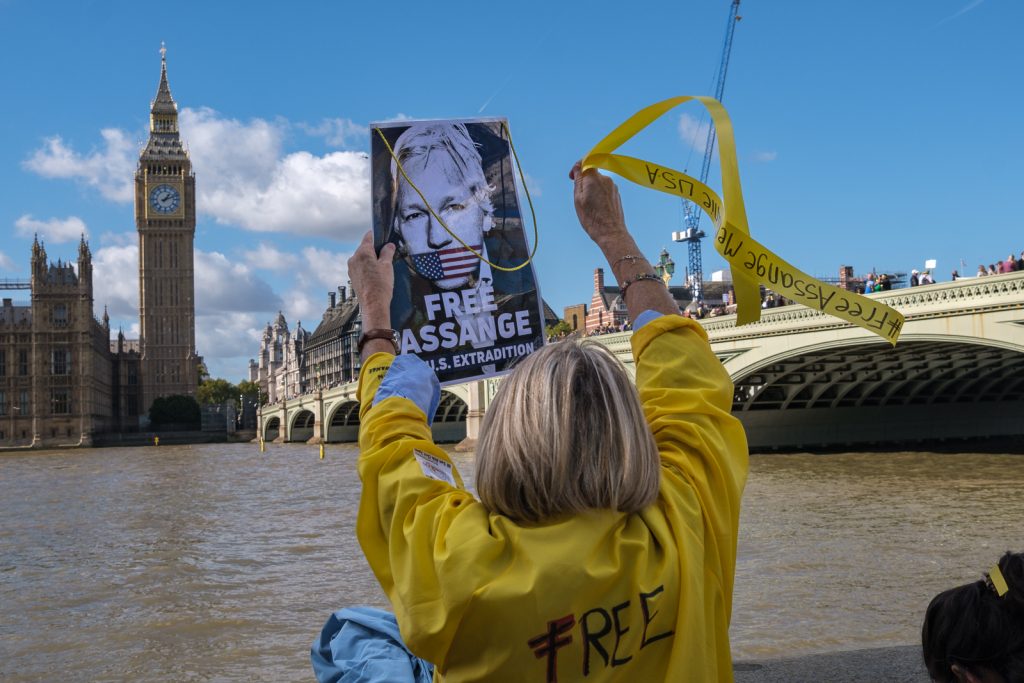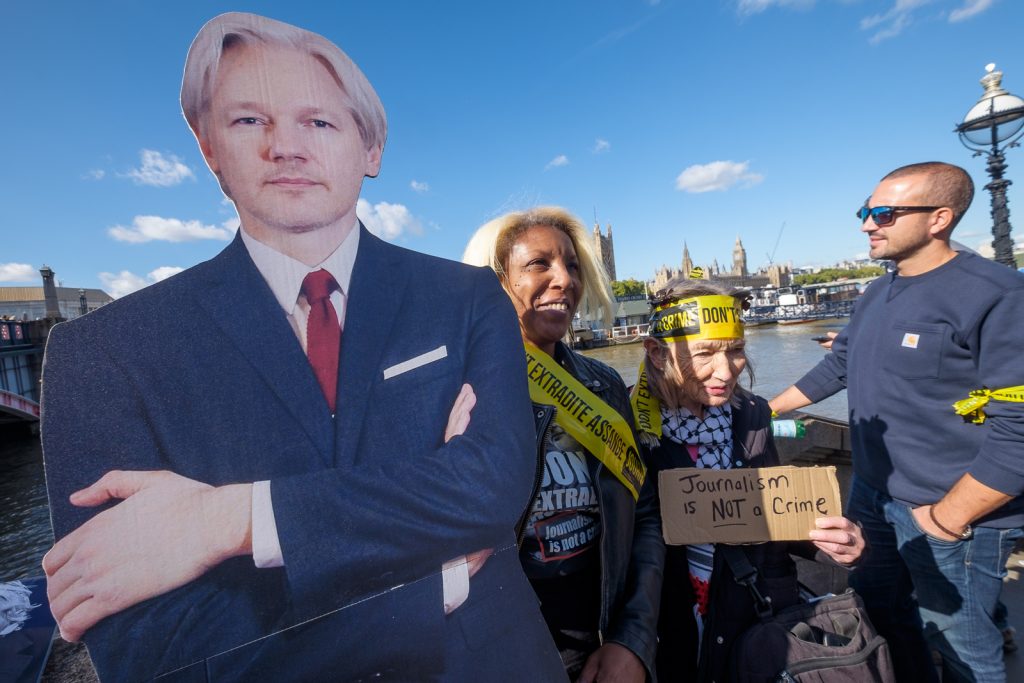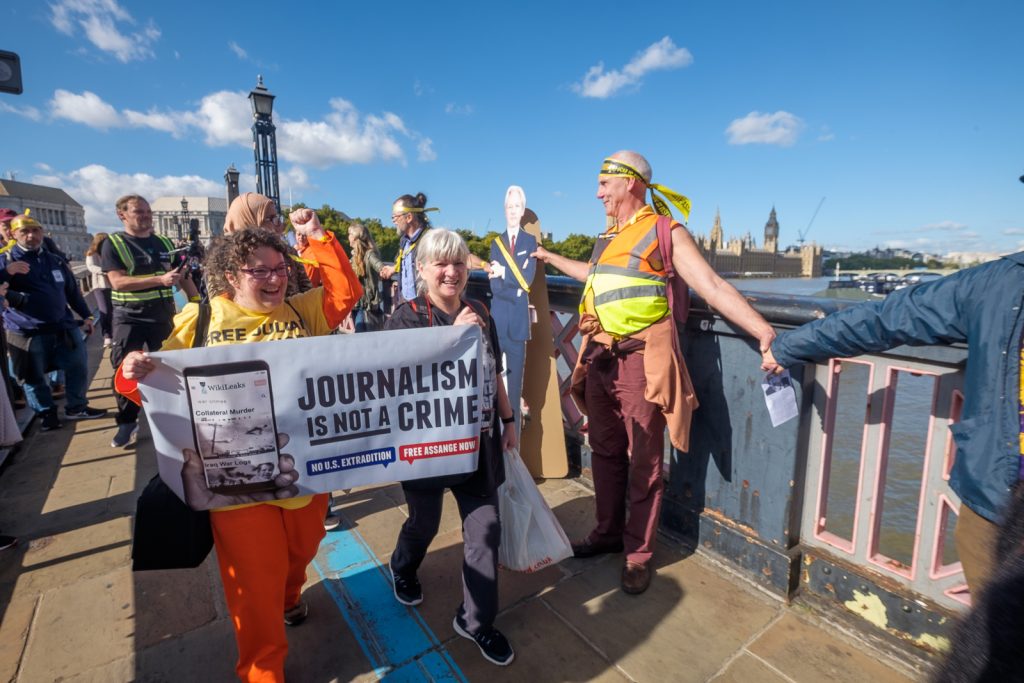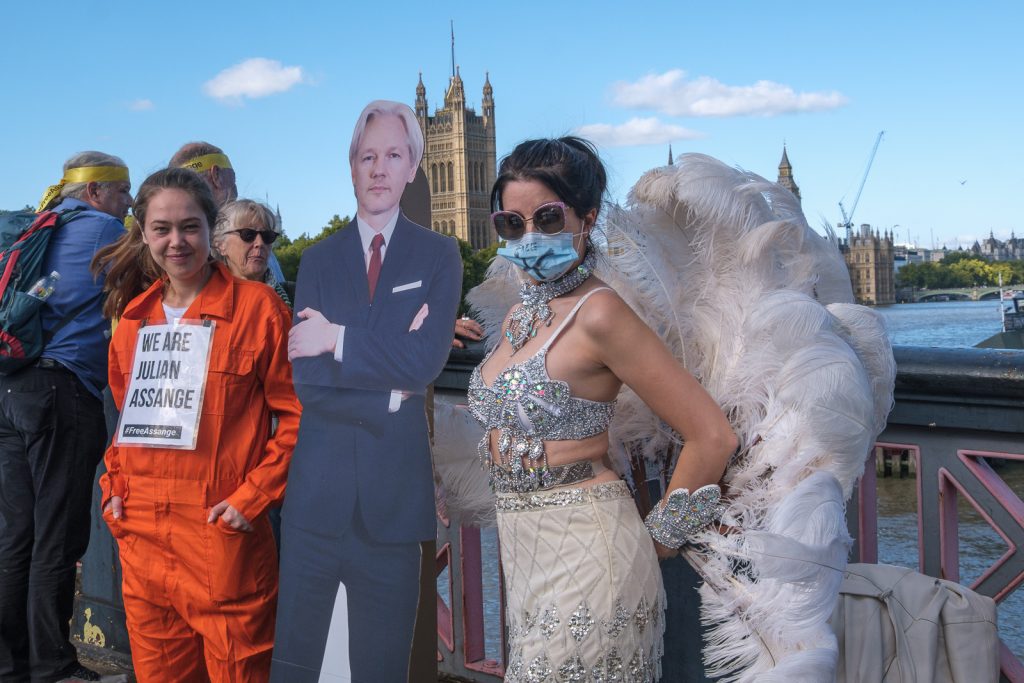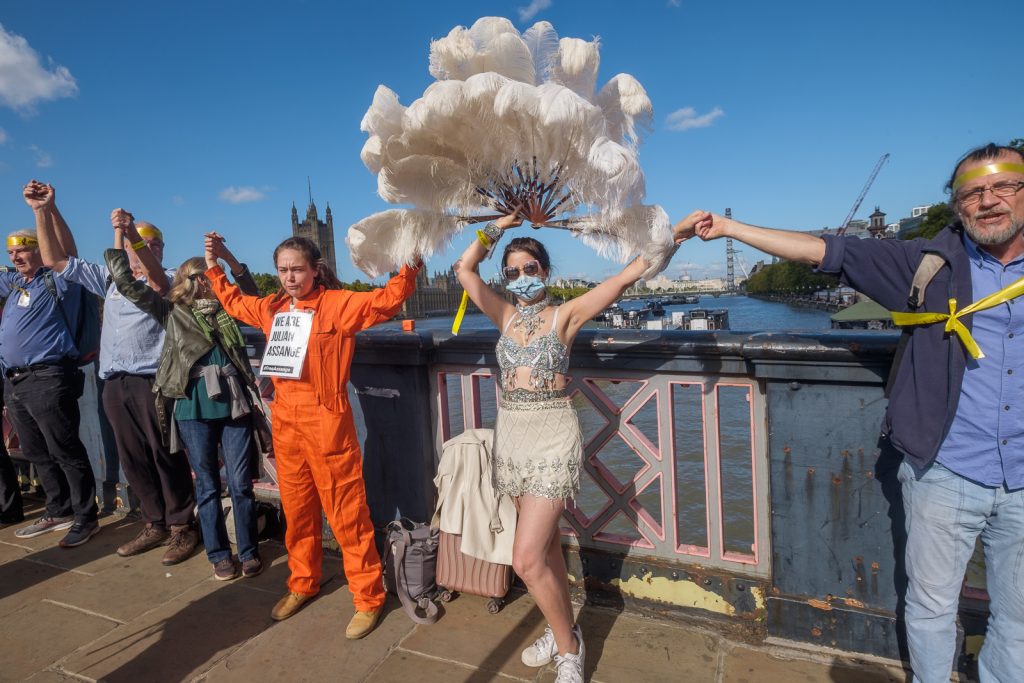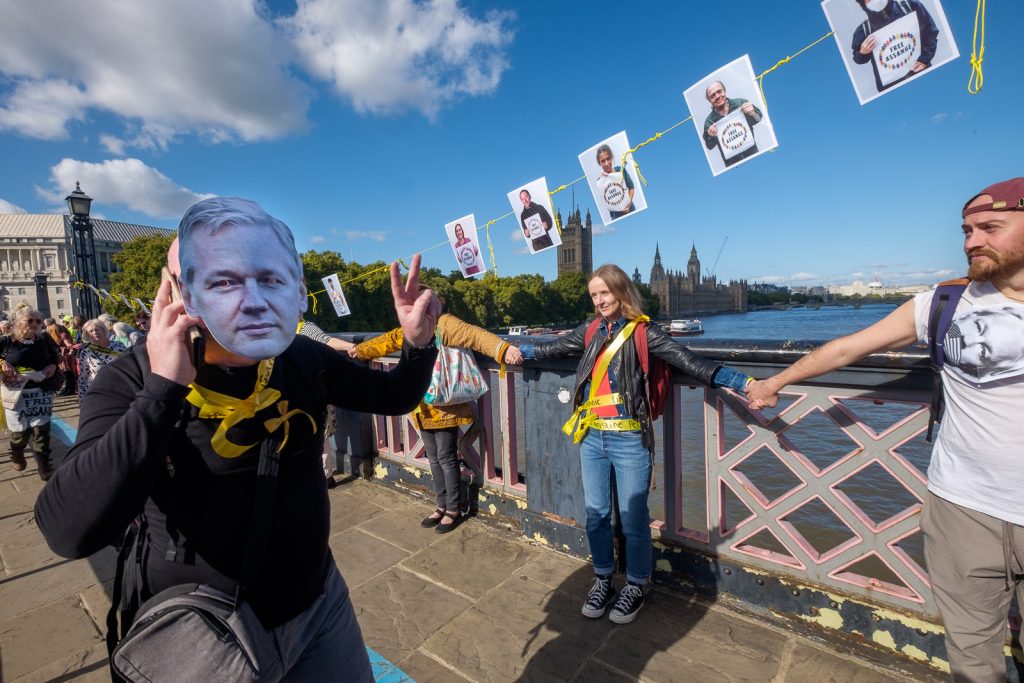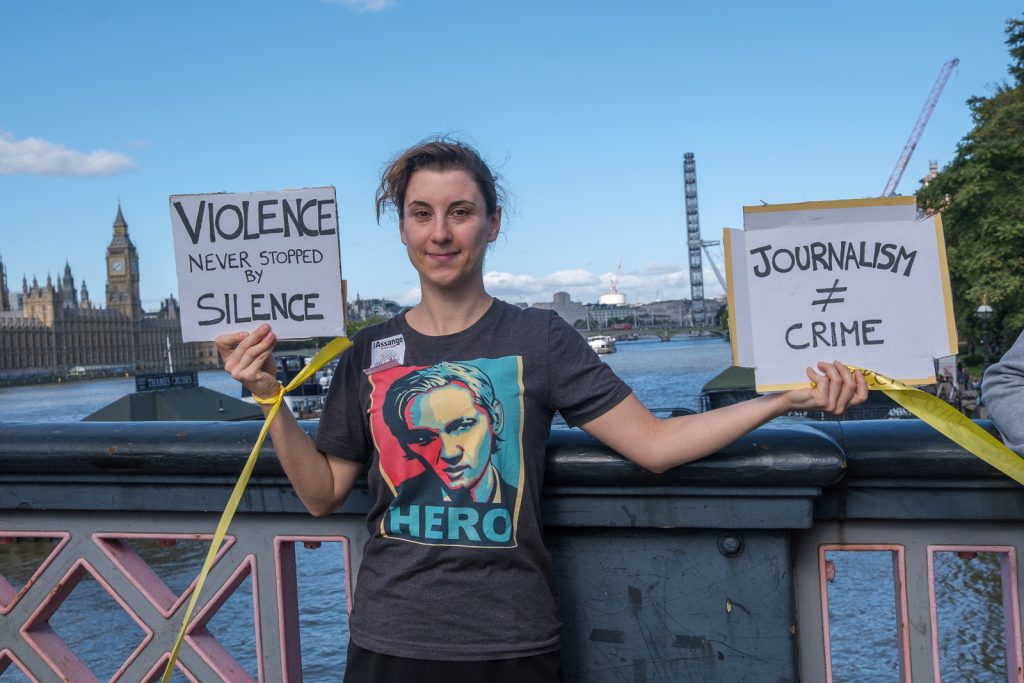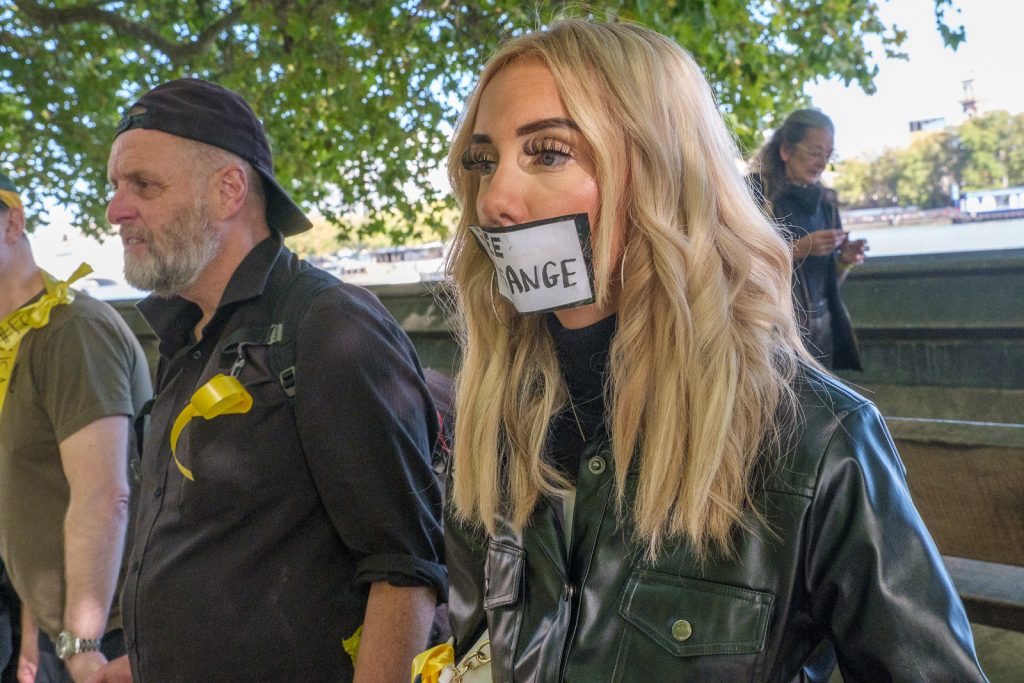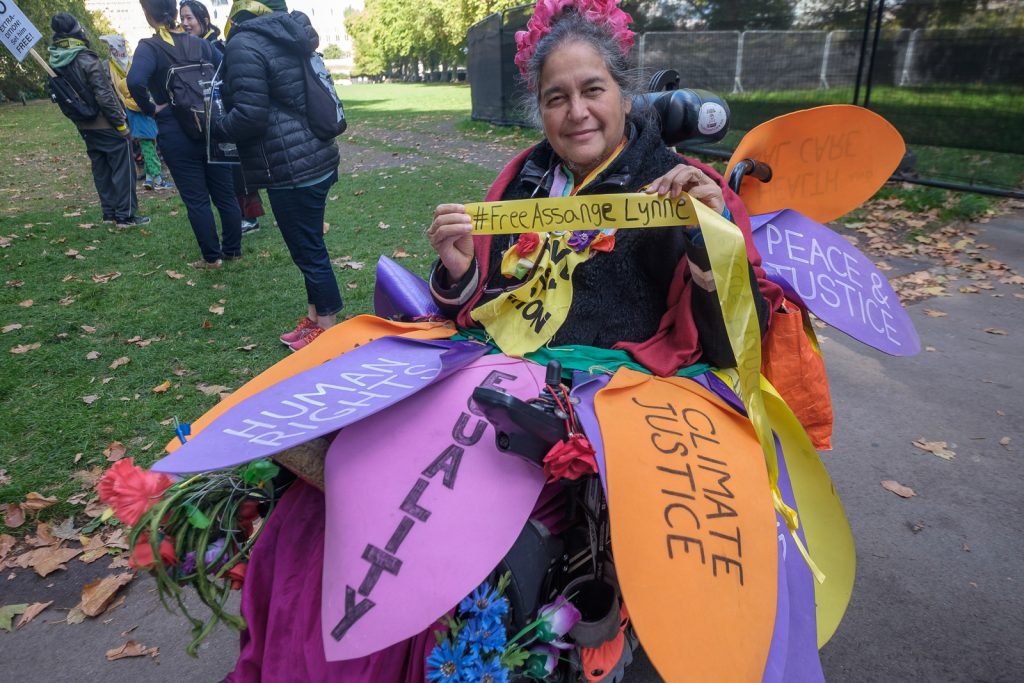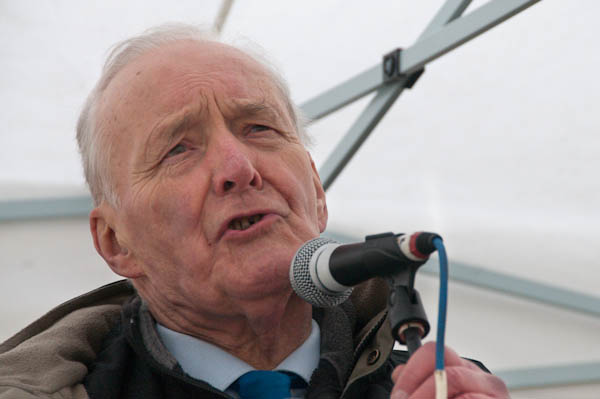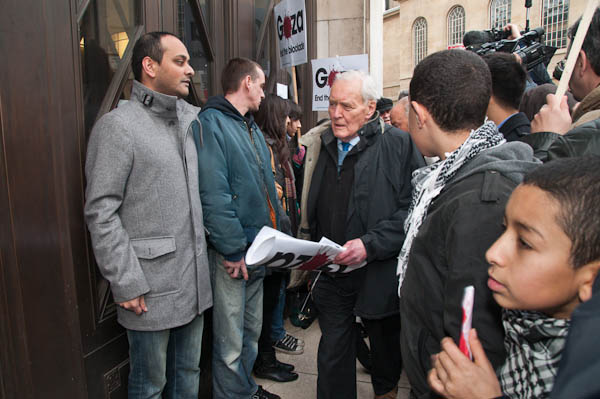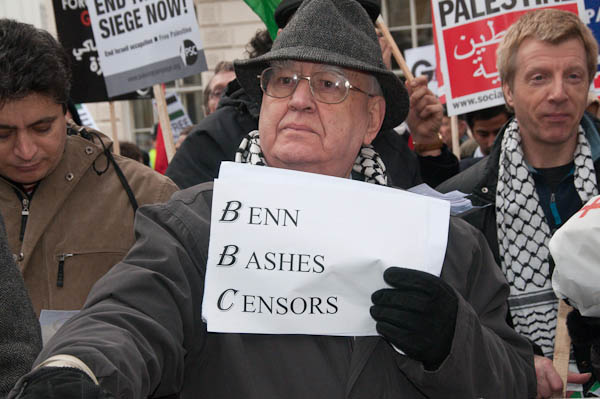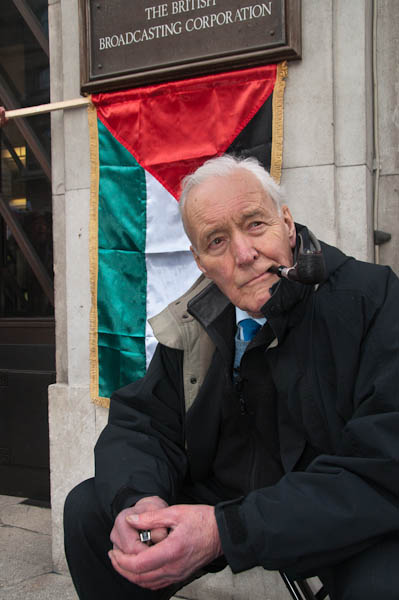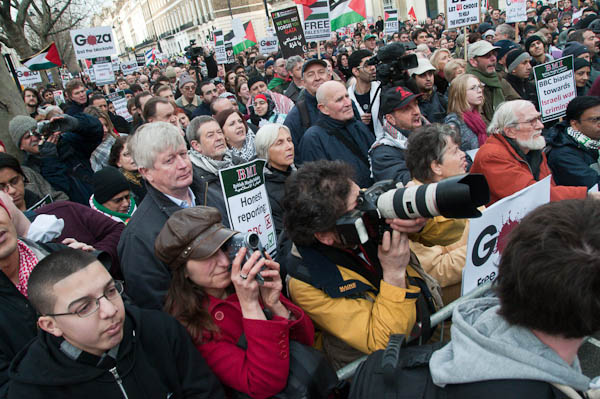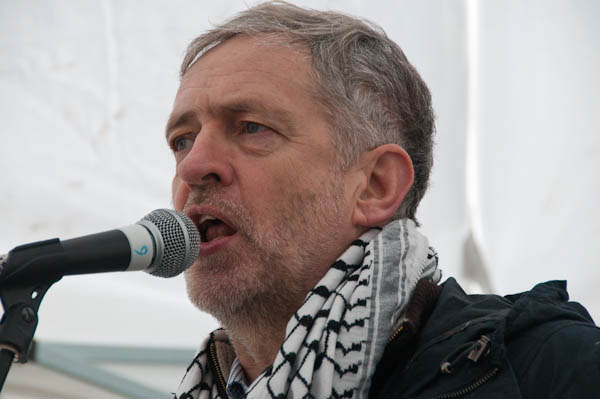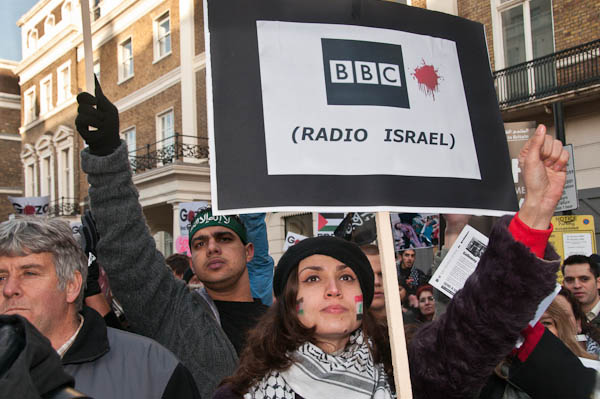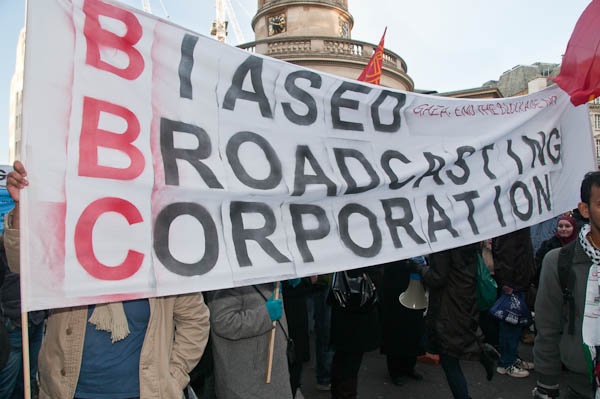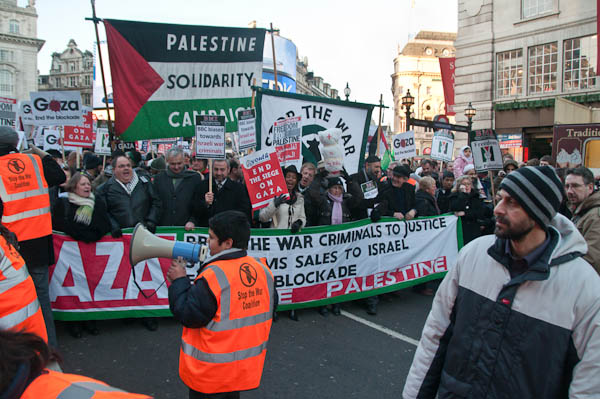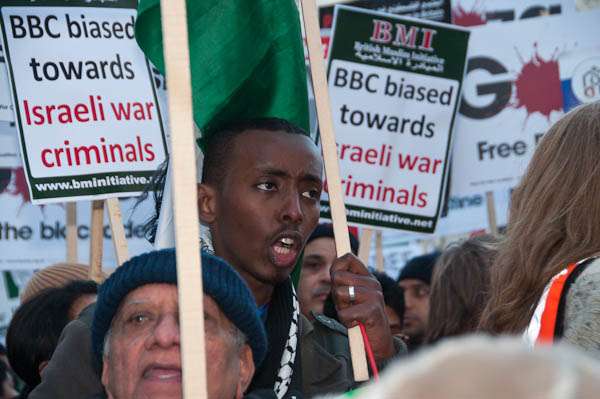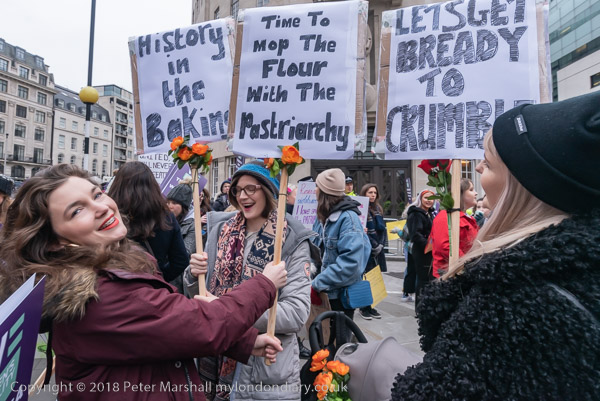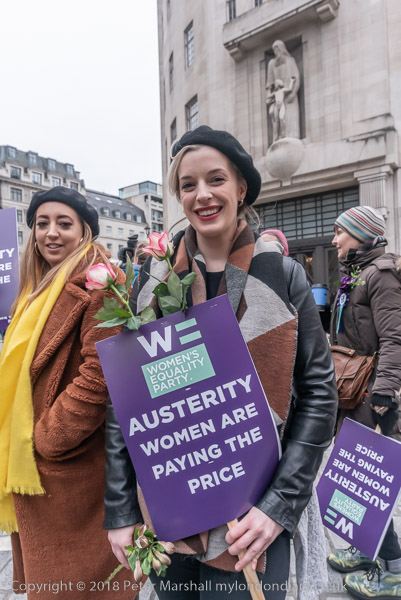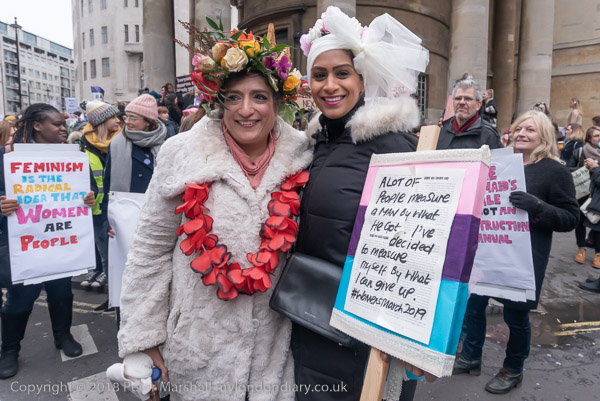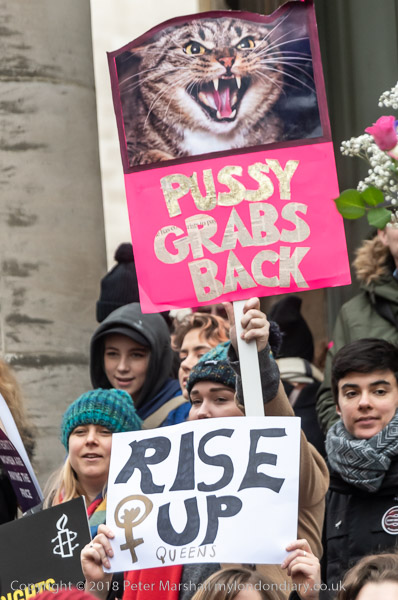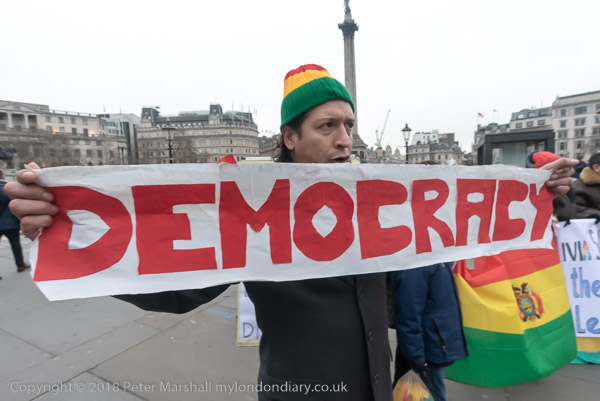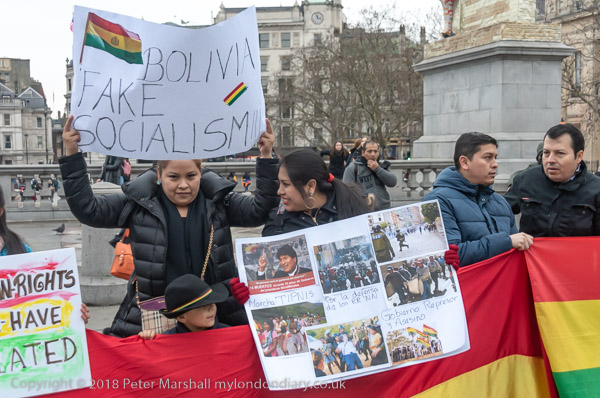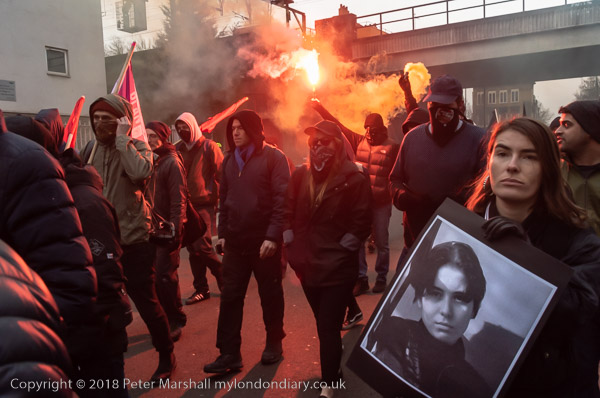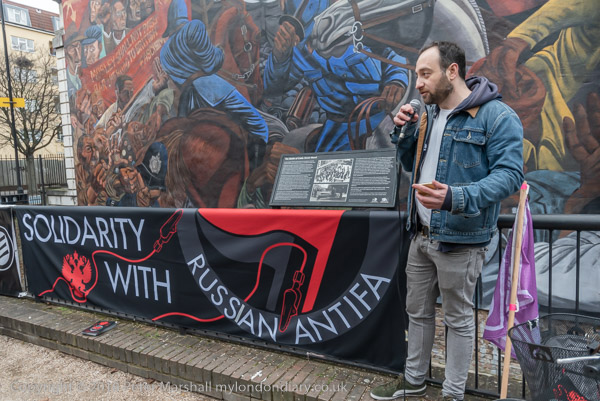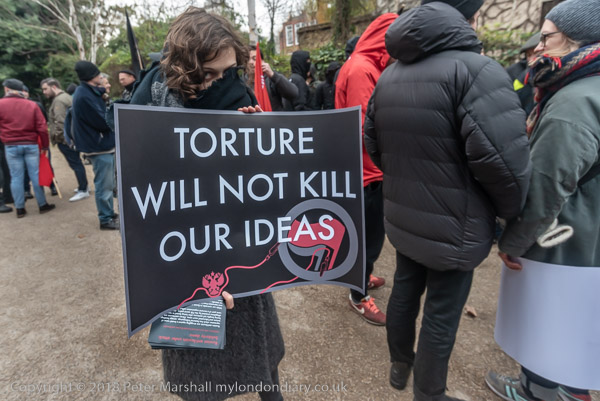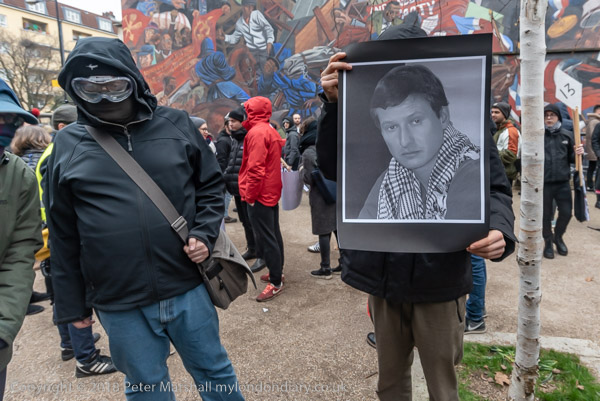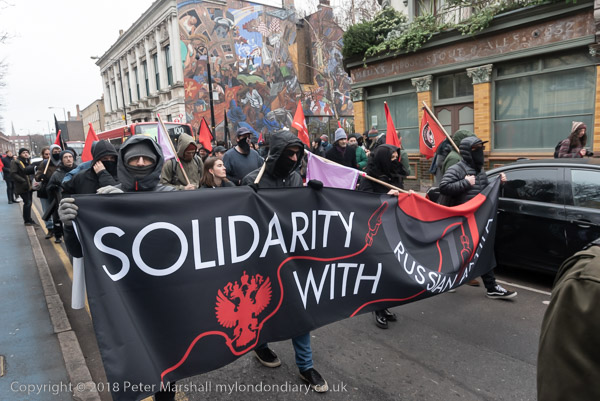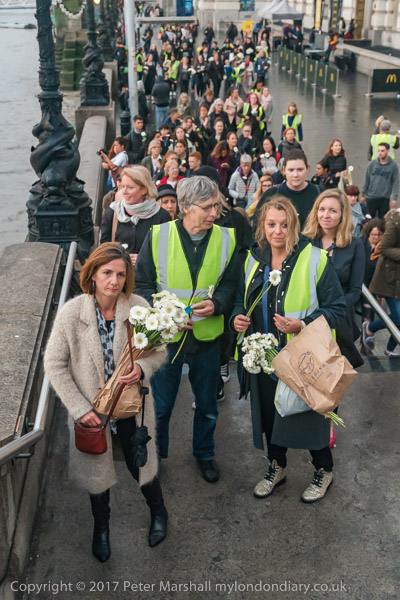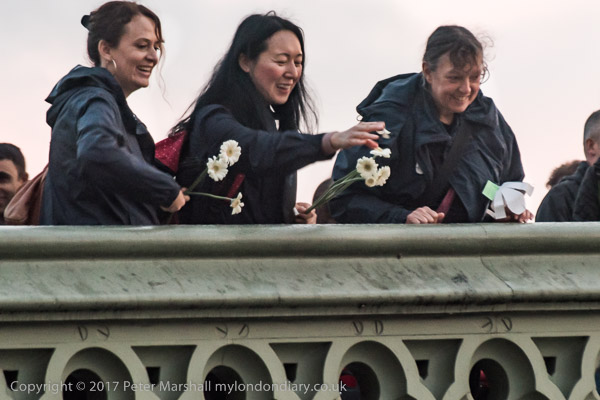Forgotten Journalists, Immigration Deaths & Traffic Fumes: On Thursday 21st September I photographed a protest in Islilngton against the deaths and detention of journalists in Eritrea, a protest at the Home Office following the the deaths of men in immigration detention centres and ‘Stop Killing Londoners’ bringing traffic to a halt at rush hour to dance in Trafalgar Square in a short protest about the illegal levels of air pollution.
Free forgotten jailed Eritrean Journalists – Eritrean Embassy, Islington
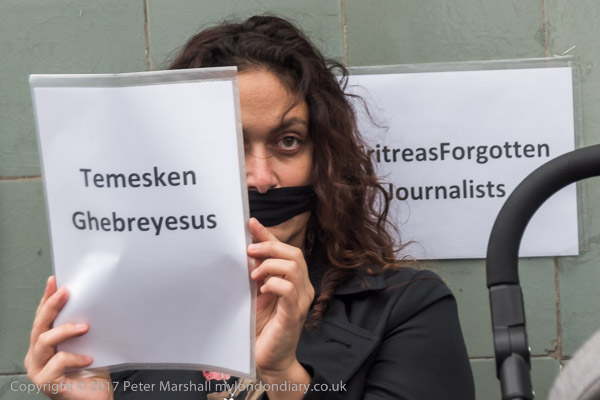
Sixteen years earlier in September and October 2001 Eritrean dictator Isayas Afewerki closed all independent media and began the arrests of journalists and opposition politicians.
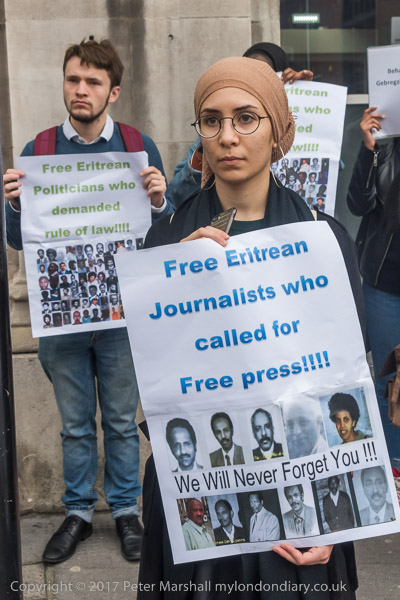
Around a dozen prominent journalists were arrested along with politicians. Since then they have been in isolation without charge, without trial and without contact with the outside world. Nobody knows their whereabouts and only four are now thought to be still alive.
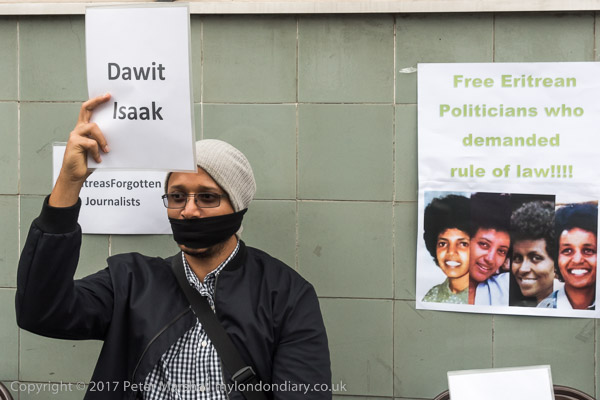
One man with dual Eritrean-Swedish citizenship, Dawit Isaak, was in 2024 awarded the Swedish Edelstam human rights prize for his exceptional courage. In 2001 he had founded Eritrea’s first independent newspaper Setit which had called for democratic reforms and had criticised the government. His daughter accepted the prize on his behalf. If still alive he is now 60, having been in jail for 23 years.
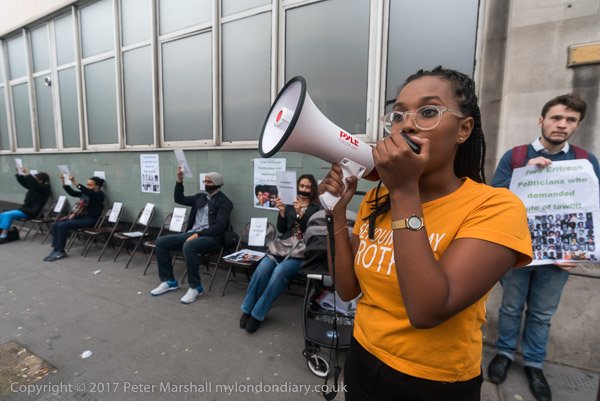
The imprisoned journalists were represented at the protest by empty chairs, with people sitting on them holding posters showing the names and photograph of those thought to be still living. Others stood with similar posters of those thought dead as well as some with pictures of the missing politicians.
More at Free forgotten jailed Eritrean Journalists.
No More Deaths in immigration detention – Home Office
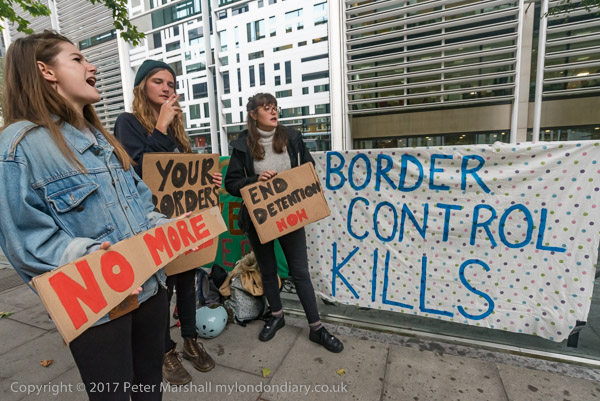
The protest had been called at short notice after the death was announced of a Chinese man held at Dungavel immigration detention centre. Earlier in the month a Polish man took his own life in the Harmondsworth centre after the Home Office refused to release him despite the courts having granted him bail.
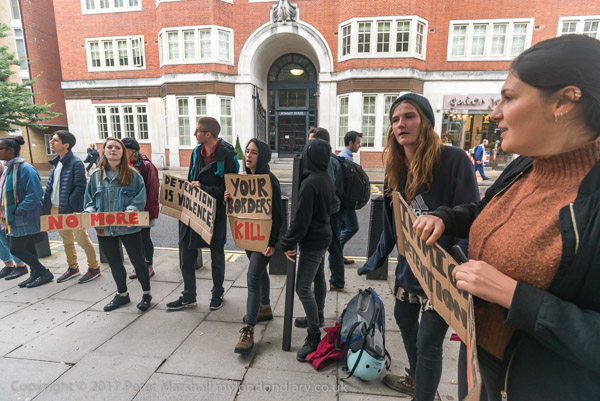
Since 1989 there have been 31 people who have died in immigration removal centres. “Britain is the only country in the EU which subjects refugees and asylum seekers to indefinite detention, and the conditions in the detention centres have been criticised in many official reports and media investigations.” It leads some to lose hope.
No More Deaths in immigration detention
Trafalgar Square blocked over pollution deaths
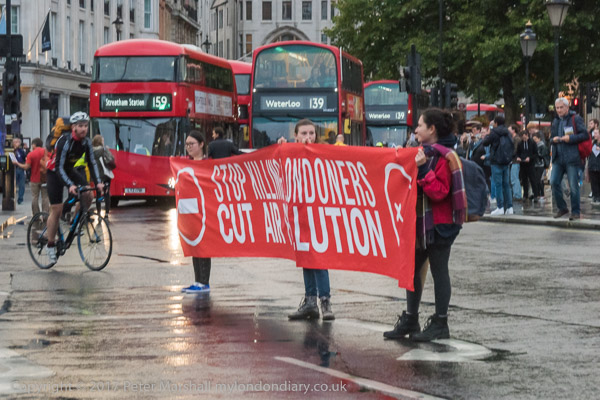
“Campaigners from ‘Stop Killing Londoners‘ cleared Trafalgar Square of traffic in a short protest against the illegal levels of air pollution in the capital which result in 9,500 premature deaths and much suffering from respiratory disease.“
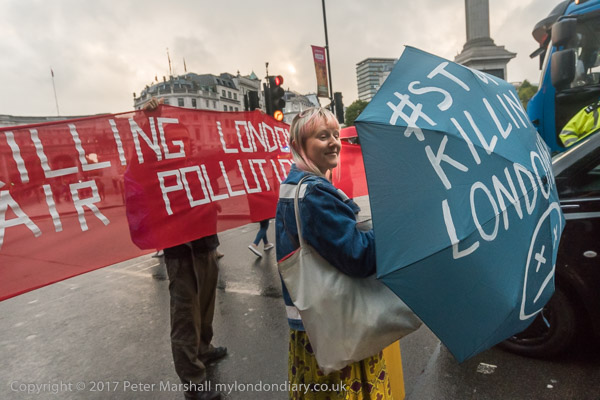
Trafalgar Square, an iconic meeting place at the heart of London is also a major traffic junction, with five major roads bringing traffic in and taking it away with often long queues. Stopping the traffic at all five points needed careful planning and coordination, with five groups with large banners stepping out and blocking traffic.
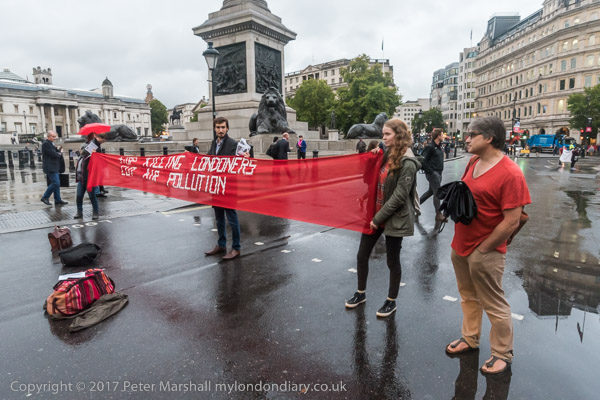
The square itself was greatly improved when the road along its northern side was pedestrianised and the current terrace built with its wide steps leading down into the rest of the square. Though I think a more drastic pedestrianisation of both Trafalgar Square and Parliament Square along with Westminster Bridge – with some provision for buses, cycles and horse-drawn vehicles – would now be a very welcome improvement.
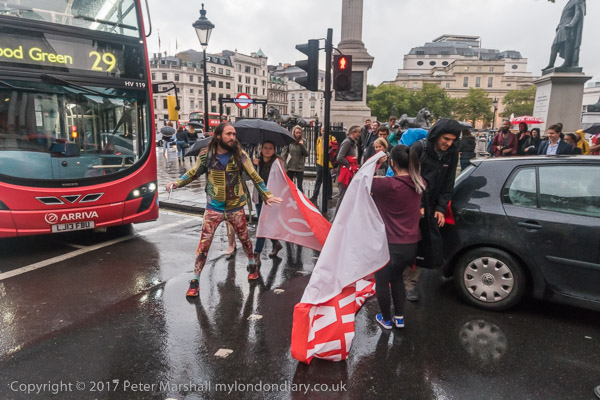
The protesters had planned to hold up the traffic for ten minutes. They told drivers, a few of whom were irate, that the protest would only be brief and to stop their engines to cut pollution – though most failed to do so. The protesters then danced in the roads to loud music from the sound system they had brought with them.
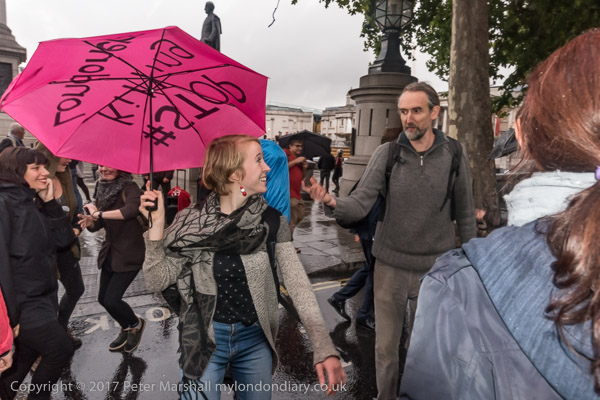
Among those leading the protest was Roger Hallam, recently released from a four year prison sentence for organising a series of protest to block the M25 which took place in November 2022. Earlier this month, three of the activists who were on trial for actually climbing the gantries in the protest against the government’s plan to licence over 100 new oil and gas projects against all expert advice were unanimously found not guilty by a jury which decided they had a reasonable excuse for their actions.
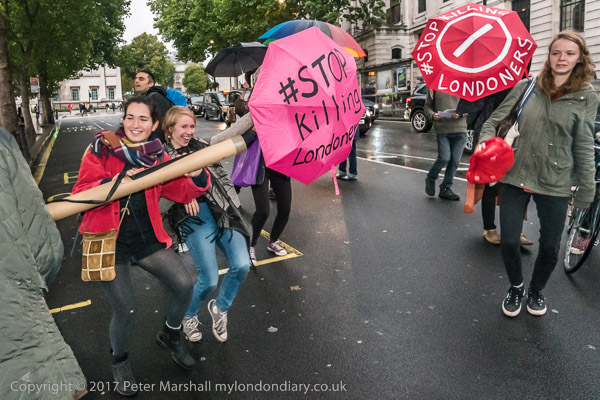
The activists stopped their protest which was to demand action by the Mayor and TfL after about the ten minutes they had previously decided it would last and when police came and asked them to do so they immediately left the roads.
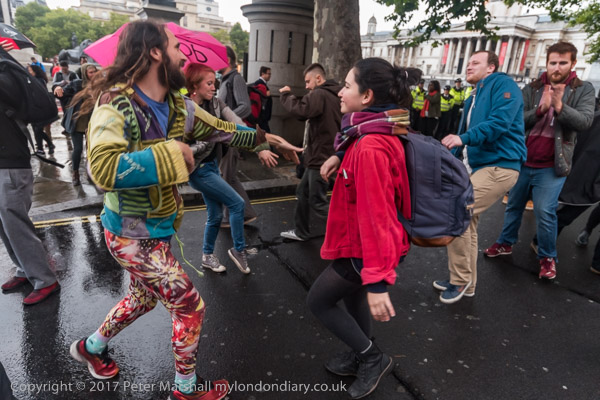
Since 2017 under London Mayor Sadiq Khan, elected in 2016, London pollution levels have dropped dramatically with the first 24-hour Ultra Low Emission Zone (ULEZ) in 2019, extended in 2023 to cover the whole city, the switch to less polluting vehicles including buses and taxis and the encouragement of cycling and other measures. Protests such as these and others will certainly have helped spur the city into action.
More at Trafalgar Square blocked over pollution.
Flickr – Facebook – My London Diary – Hull Photos – Lea Valley – Paris
London’s Industrial Heritage – London Photos
All photographs on this page are copyright © Peter Marshall.
Contact me to buy prints or licence to reproduce.
